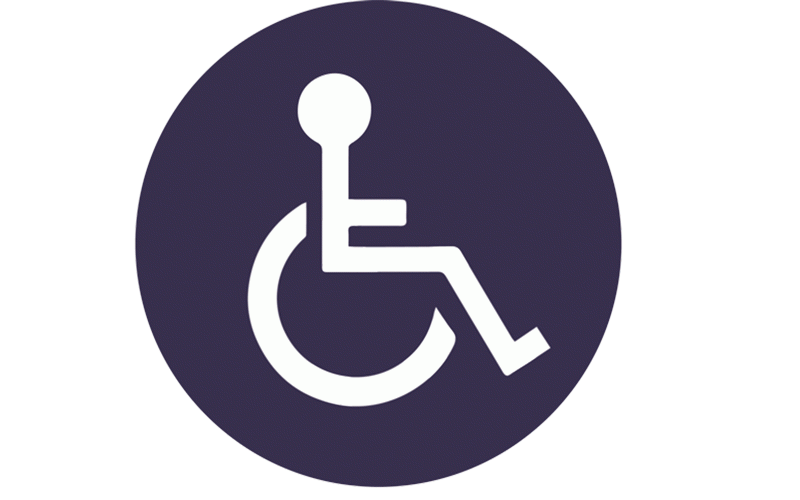
DURING the debate on the Persons with Disabilities Bill on Thursday September 5, 2024, a range of interesting submissions were made by Members of Parliament.
Among the most intriguing was the contribution by Hon Taurai Dexter Malinganiso, MP for Zvimba North.
While some of his points aligned with the debate, the heart of his argument left many puzzled.
Describing the Persons with Disabilities Bill as “ultimately strange” raised serious concerns, especially coming from a member of the parliamentary disability caucus and the portfolio committee that gathered public input on the very same Bill.
One wonders what interests he sought to advance.
At the centre of Malinganiso’s submission was his assertion that the Department of Disability Affairs had been rendered useless by the new Bill.
However, it’s important to note that this department was created by the Disabled Persons Act of 1992 — a law that is now being repealed for its glaring inefficiencies.
Any attempt to defend such a structure inevitably raises suspicion.
- Malinganiso’s opposition to Disability Bill: Progress or protection of the past?
- Malinganiso’s opposition to Disability Bill: Progress or protection of the past?
Keep Reading
It is particularly troubling that the MP believes this department is capable of leading a monitoring mechanism for disabilities, as outlined in Article 31(1) of the UN Convention on the Rights of Persons with Disabilities.
In reality, the department has long been dysfunctional and the National Disability Committee, established by the National Disability Policy, is barely more than a name on paper.
Equally questionable were Malinganiso’s objections to the creation of a Commission for Persons with Disabilities.
He argued for retaining the National Disability Board under the existing Disabled Persons Act — a body that has proven ineffective, particularly over the past 15 years.
While the proposed commission may not achieve the status of a Chapter 12 institution, this does not preclude its necessity.
Zimbabwe’s Chapter 12 commissions have largely failed to address the marginalisation and systemic discrimination faced by persons with disabilities.
Only a twin-track approach, which includes both a dedicated disability commission and strengthened mainstream human rights commissions, can correct this injustice.
There is nothing retrogressive about forming a disability commission — indeed, it would be a significant step forward.
In a particularly concerning part of his argument, Malinganiso seemed to gaslight persons with disabilities, implying that the Bill isolates them in a “corner”.
On the contrary, the “Nothing About Us Without Us” principle, which drove public consultations on this Bill, demands that persons with disabilities be front and centre in decision-making.
It is not radical to insist that the majority of the commission’s members and its chief executive officer, be persons with disabilities.
If the government wishes to retain a Department of Disability Affairs, it can do so as an administrative structure, but it should not be a statutory requirement given the department’s historical failure.
Malinganiso opined that the Persons with Disabilities Bill must be aligned to the National Disability Policy of 2021.
It is unfortunate that the lawmaker fails to appreciate that it should be the other way round.
One cannot smuggle into Parliament things from a document which was created without the involvement of Parliament.
In launching the National Disability Policy, the President also expressed surprise at how he was made to launch a policy without an updated enabling legislation.
In conclusion, while Malinganiso raised some valid points about education, public transportation and the intersection of disability with ageing, his defence of outdated structures like the Department of Disability Affairs leaves a sour taste.
Calling the Bill “ultimately strange” is bizarre, especially from someone who should be at the forefront of advancing disability rights in Zimbabwe.
The Bill may not be perfect, but dismissing it in this manner undermines the progress that the disability community has long fought for.
- Advocate Abraham Mateta is a disability rights consultant and advocacy and human rights officer with the African Union of the Blind, while Doctor Edmore Masendeke is policy and research lead at the Alliance for Inclusive Education in the UK and the founder of Endless Possibilities, an organisation which deals with disability inclusion










